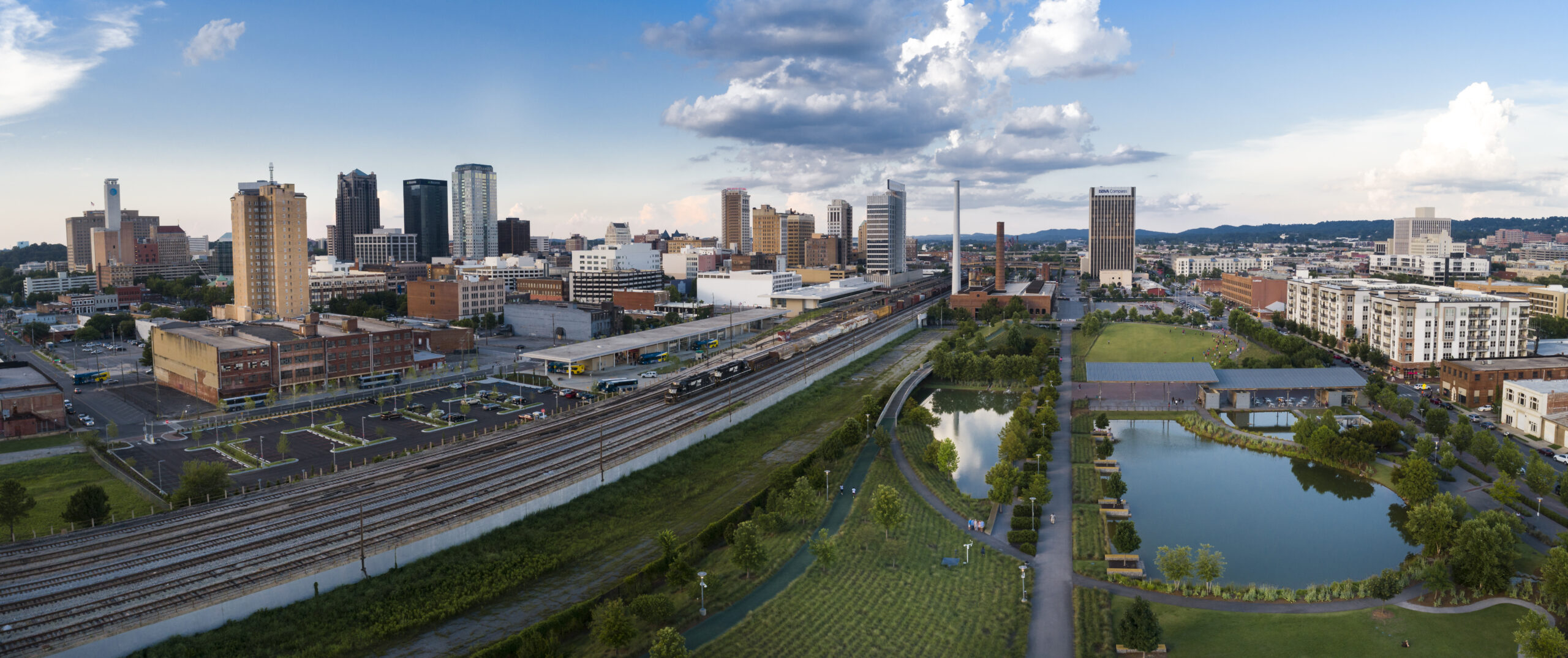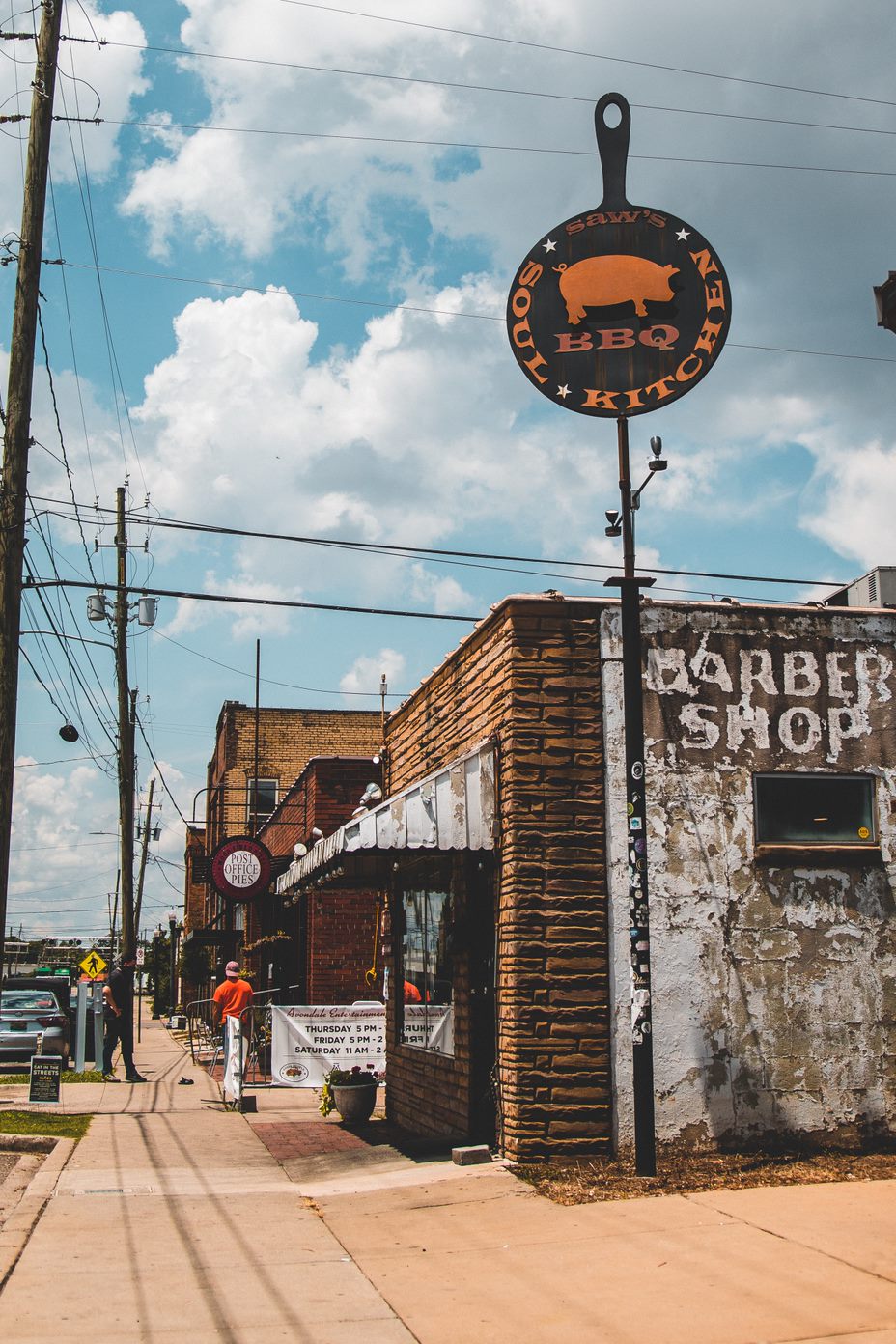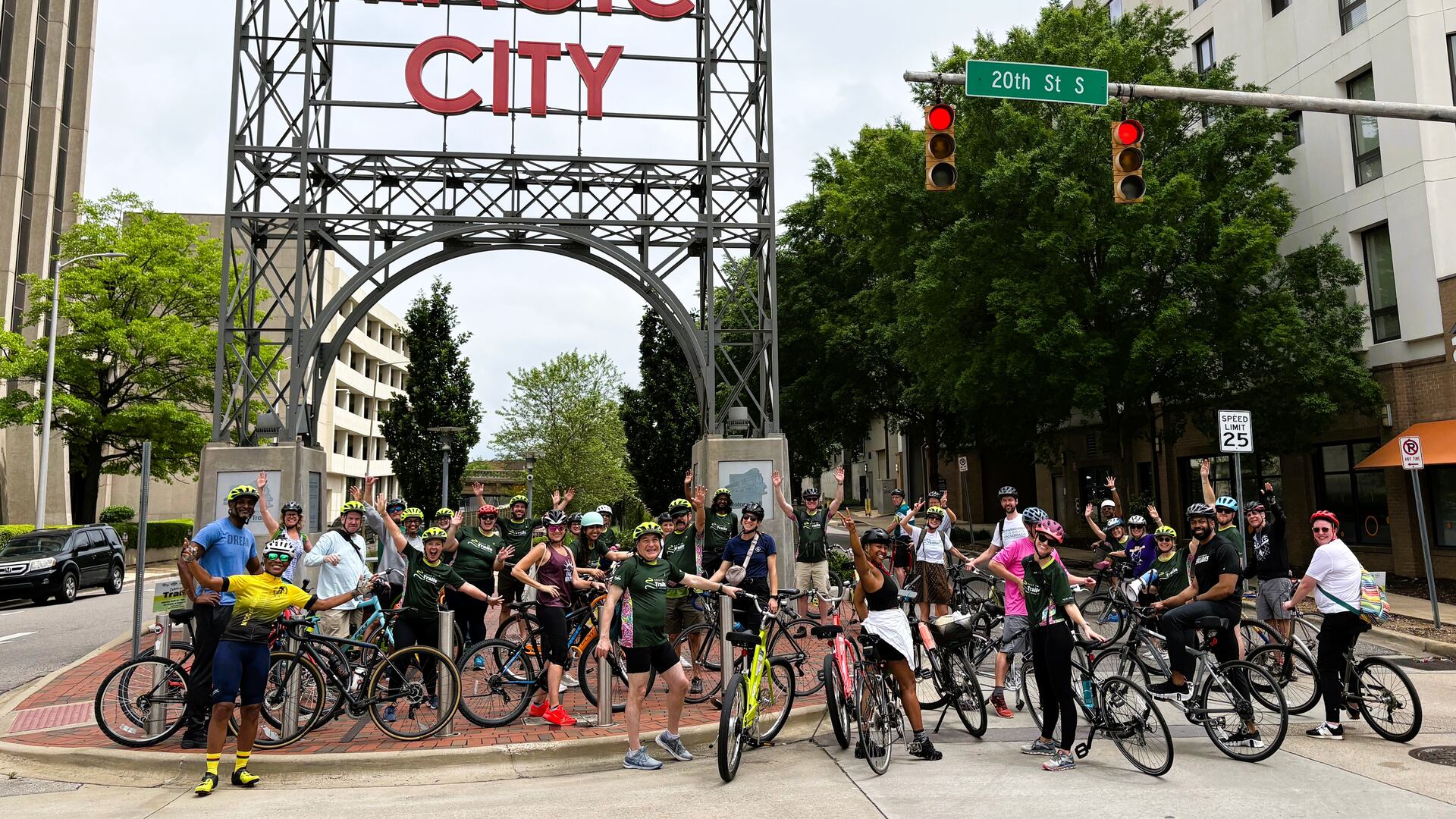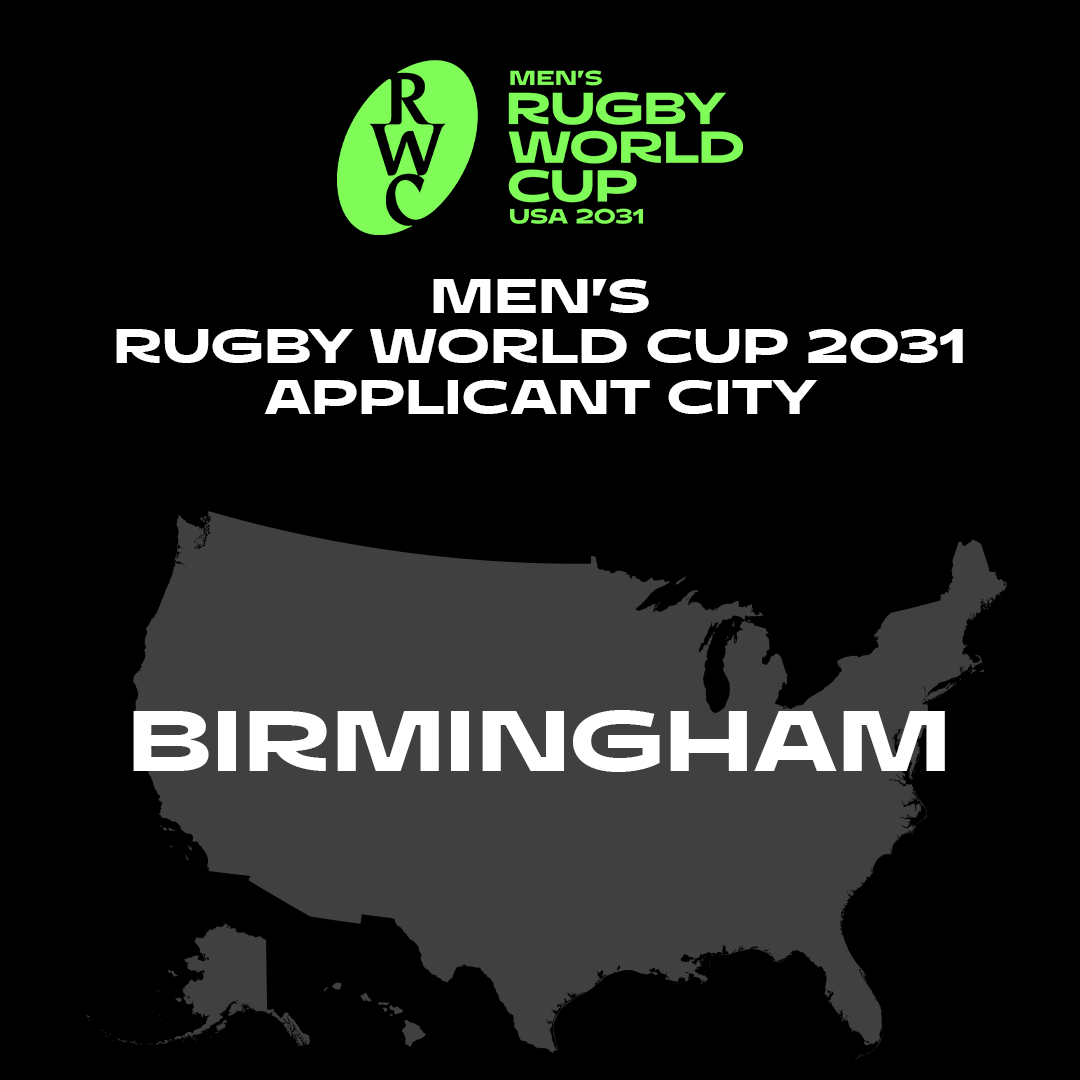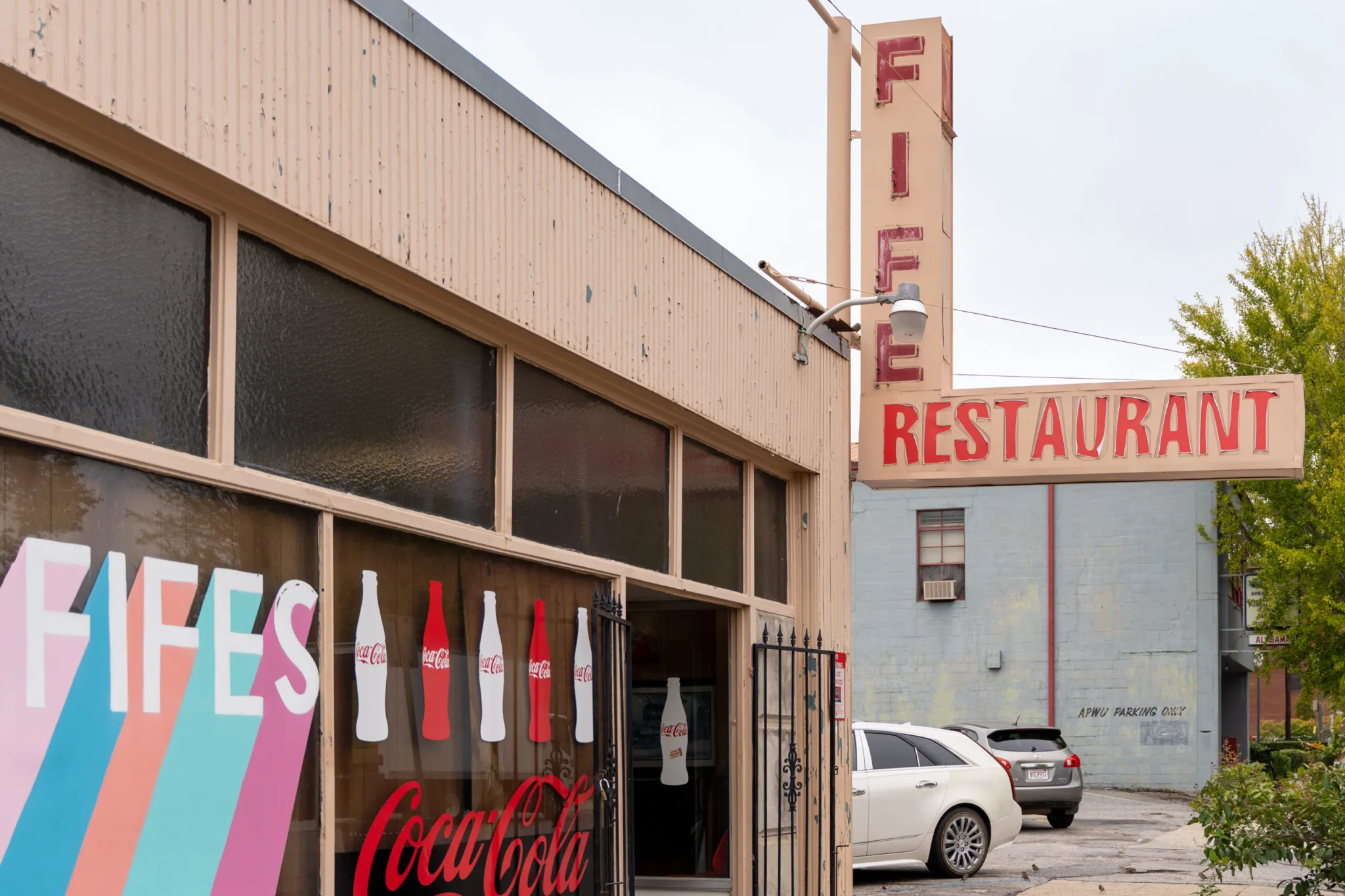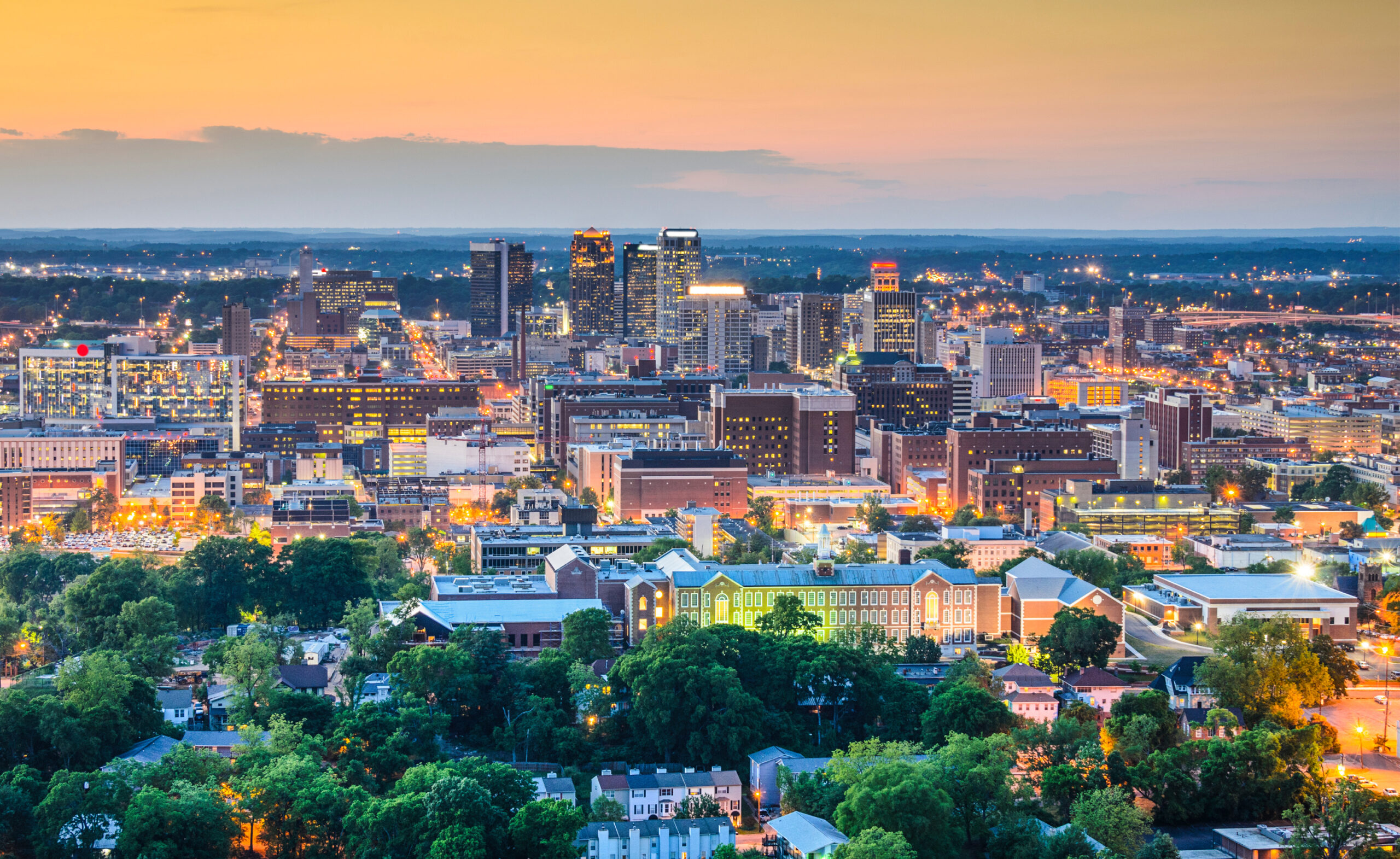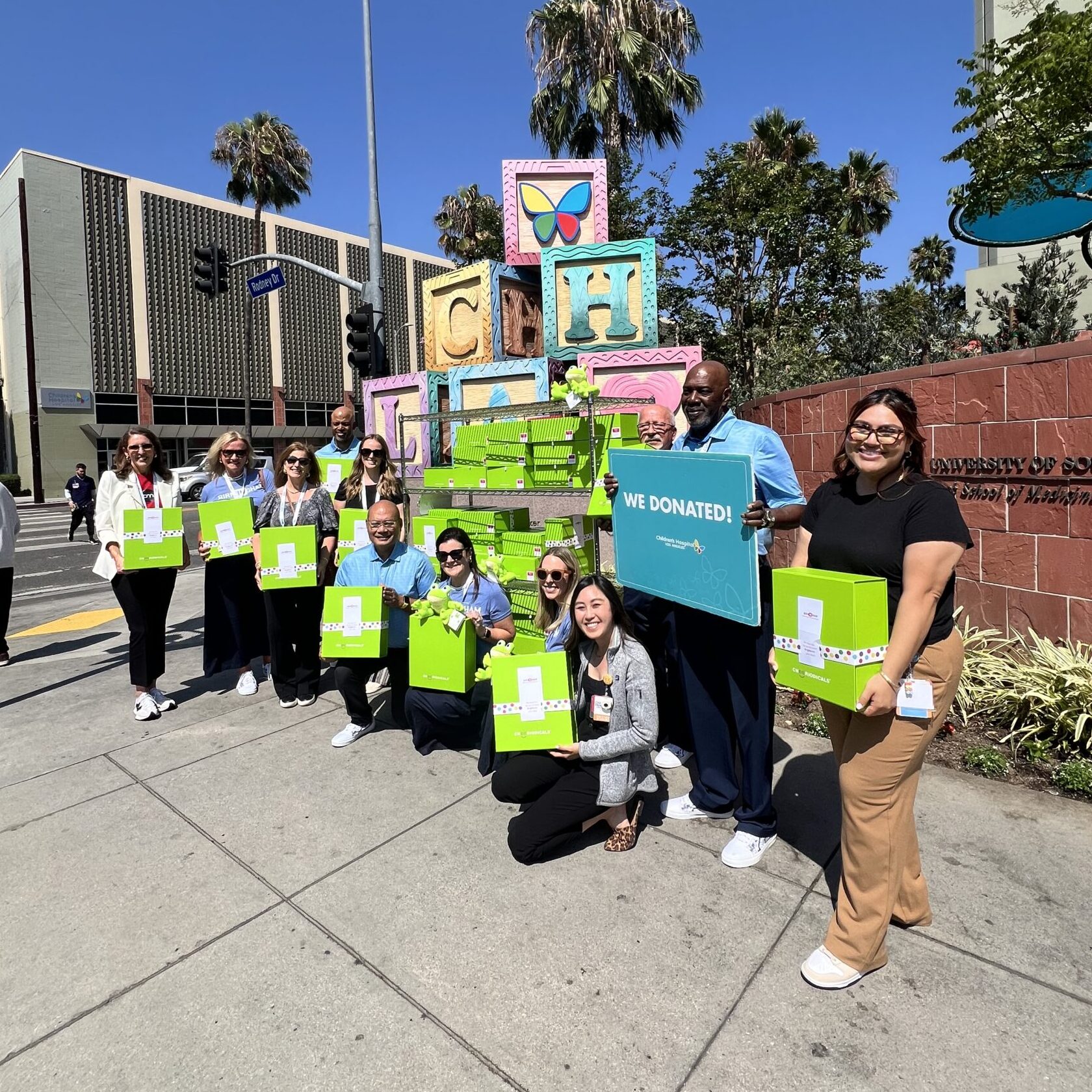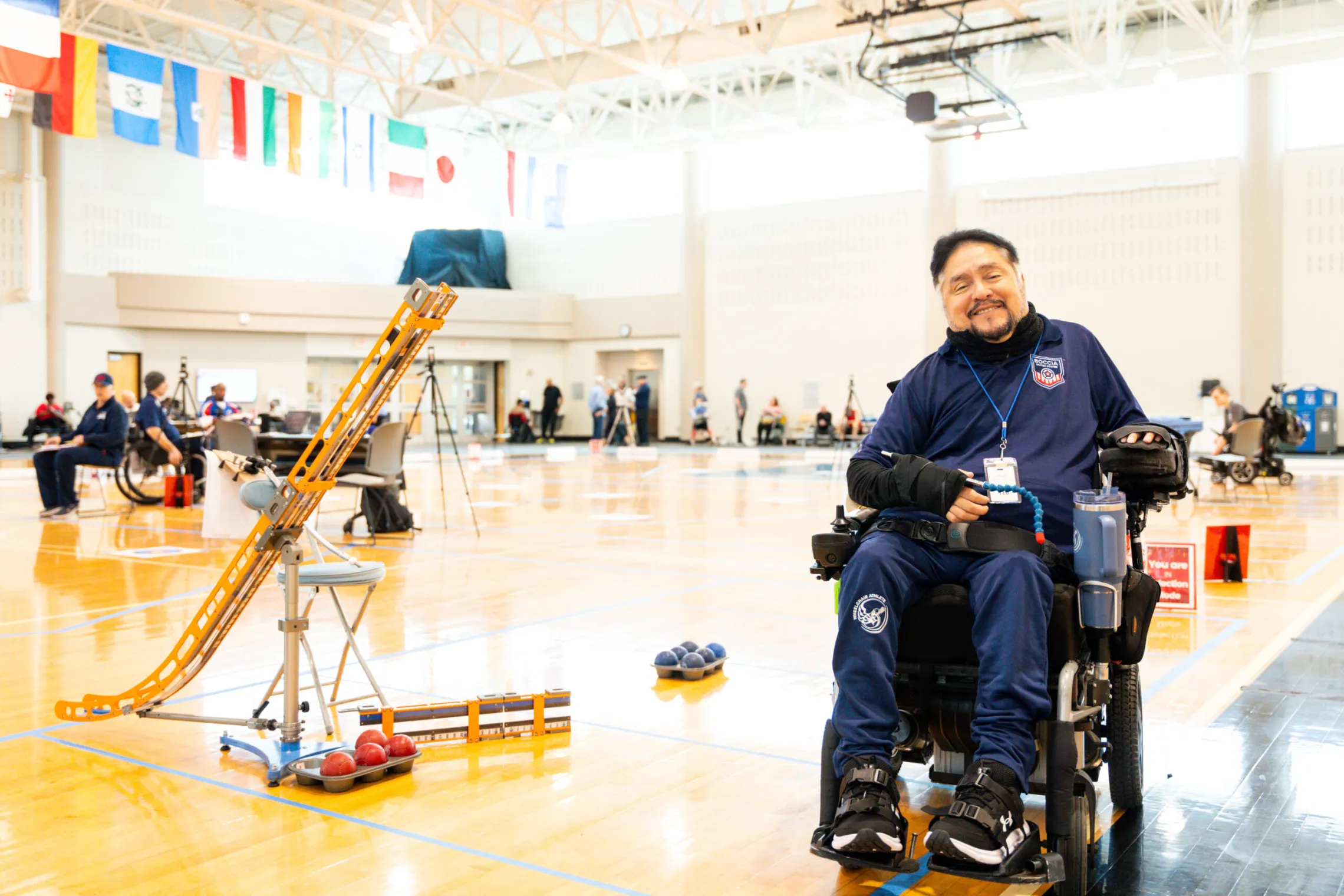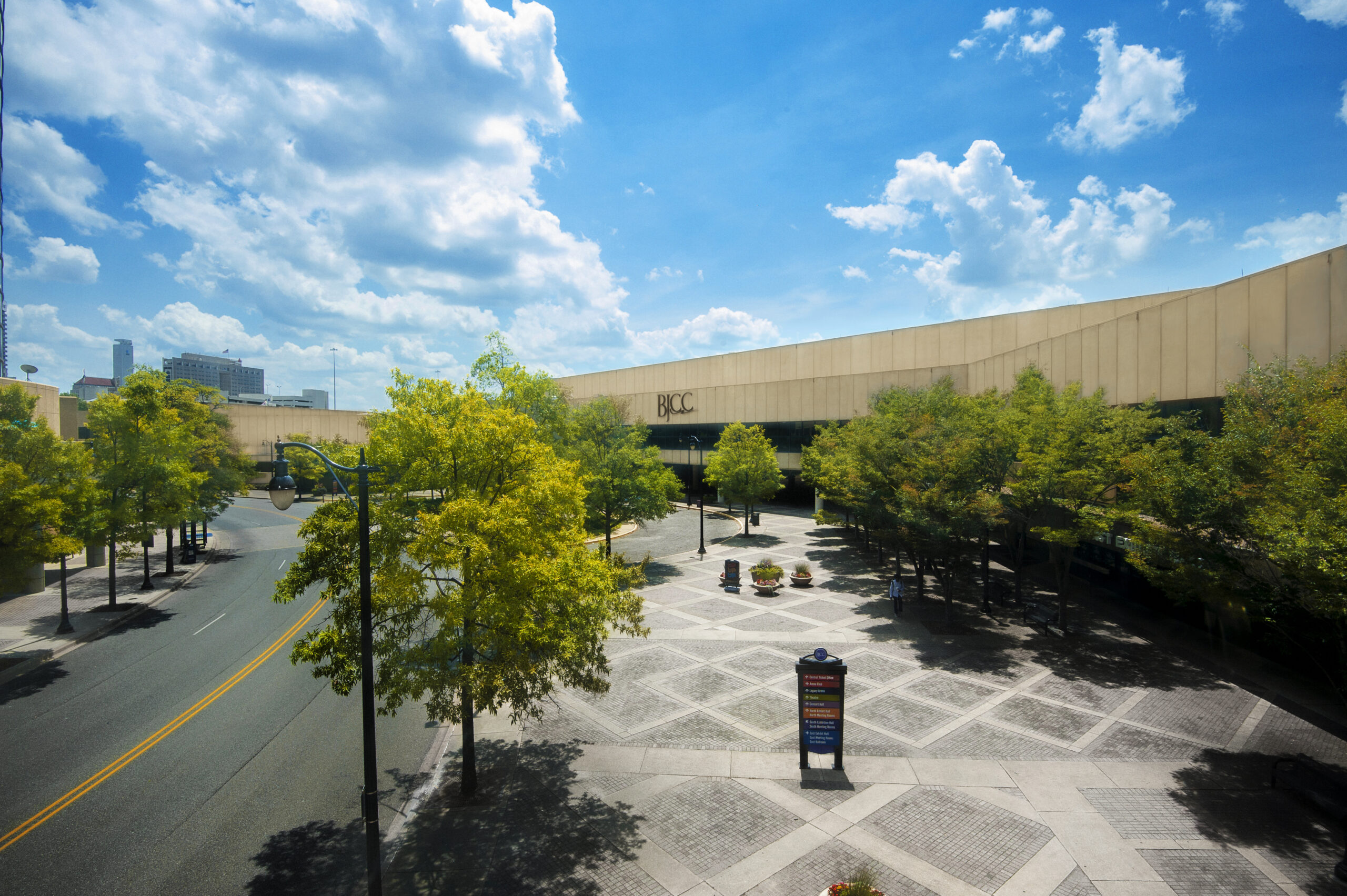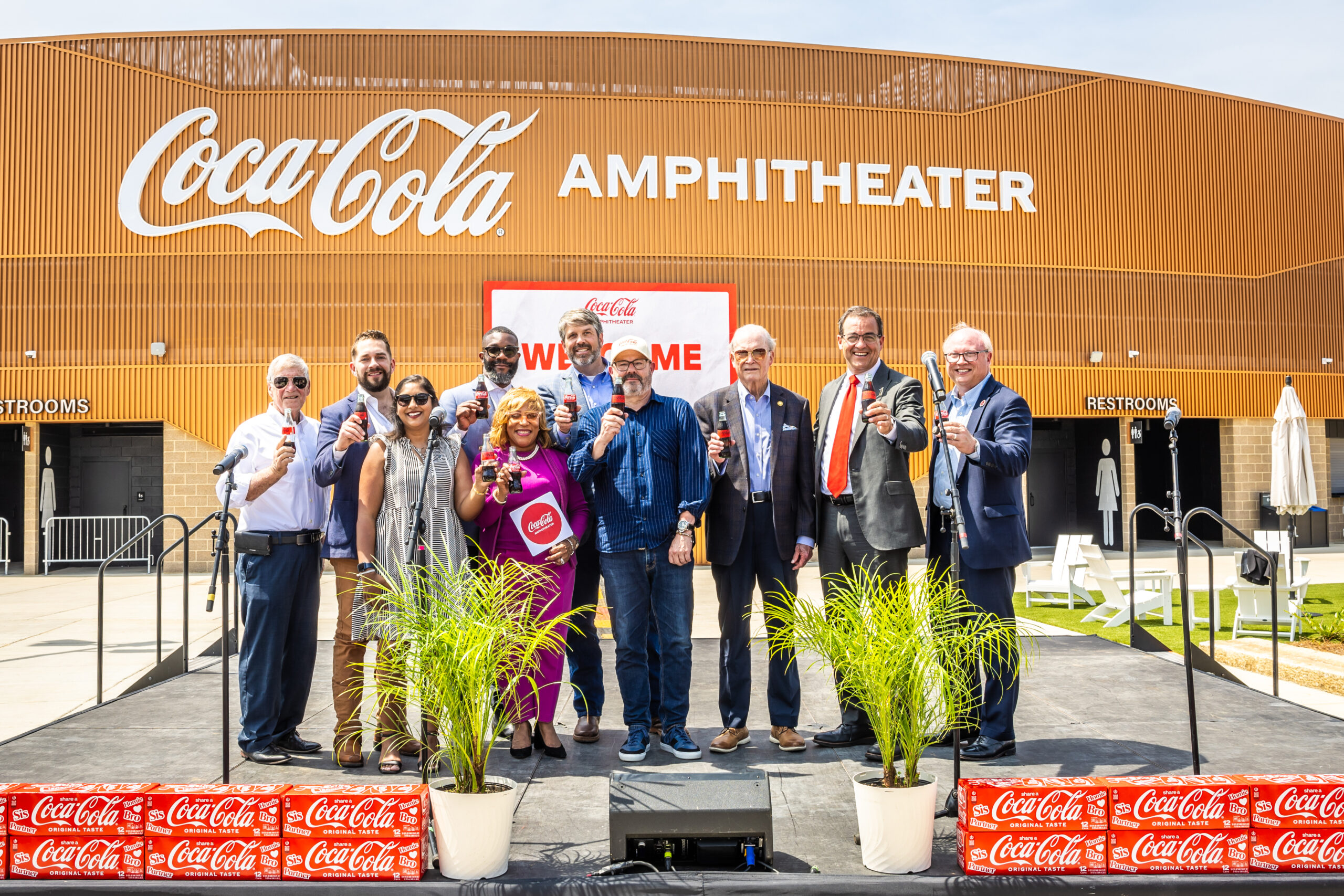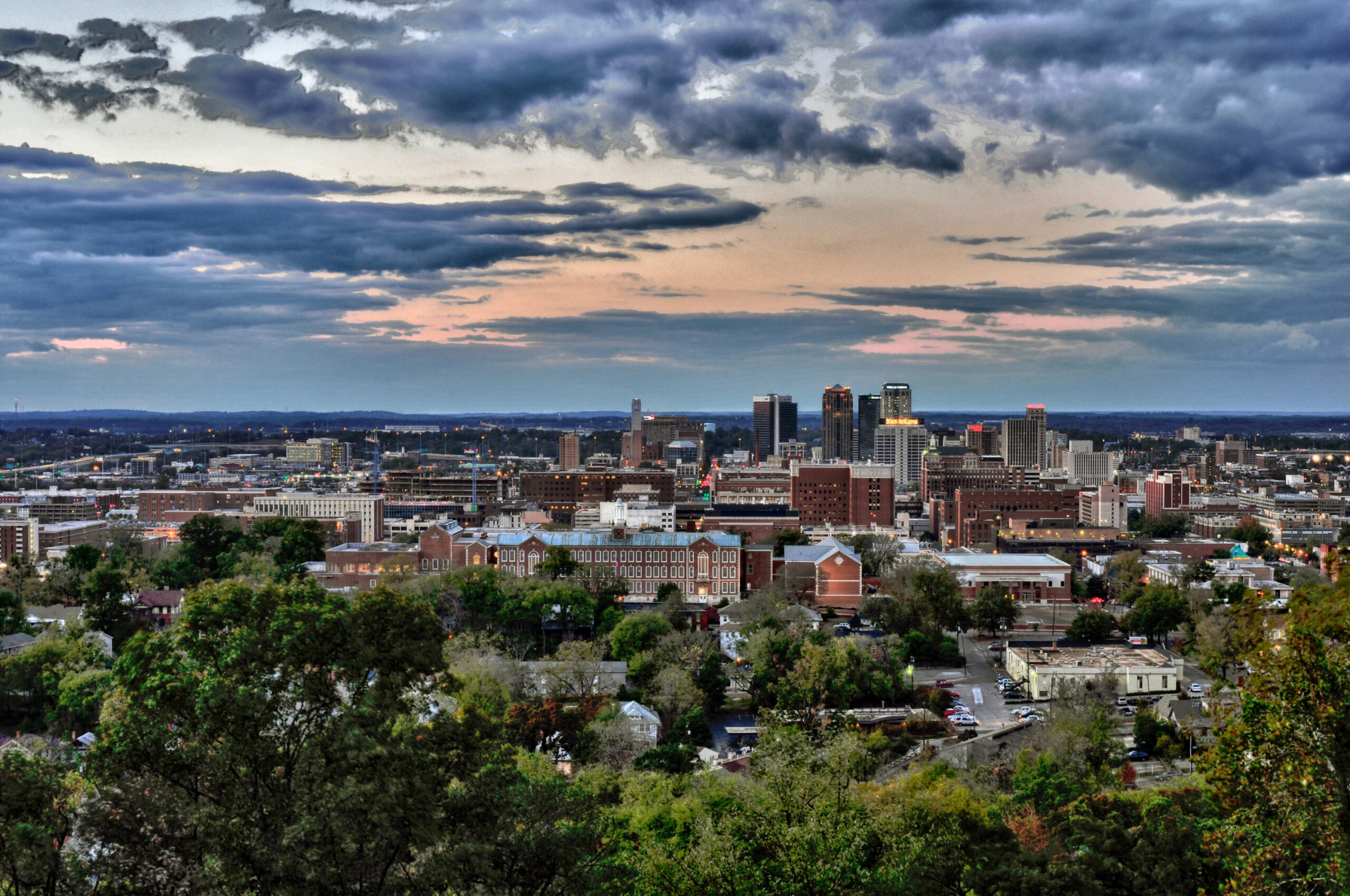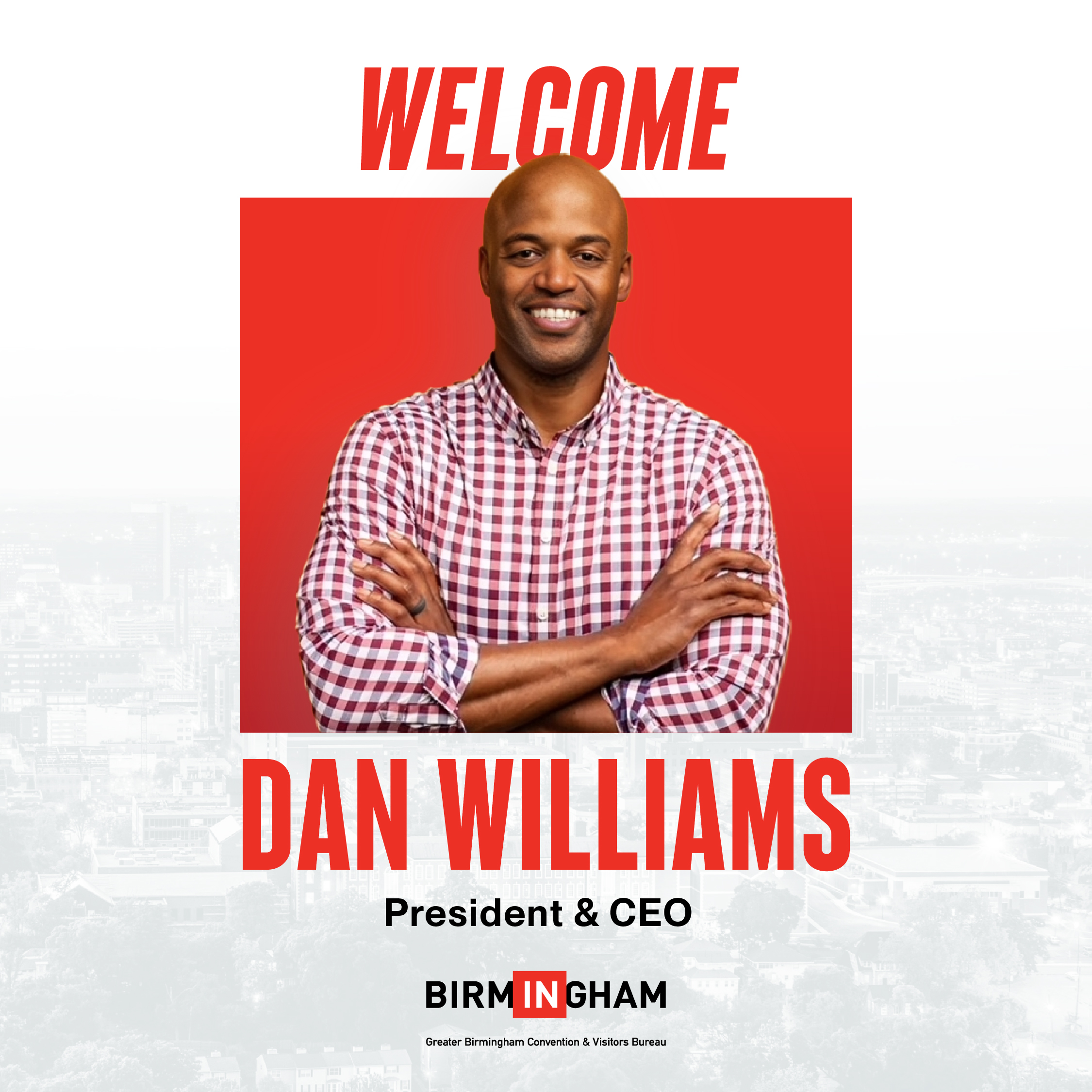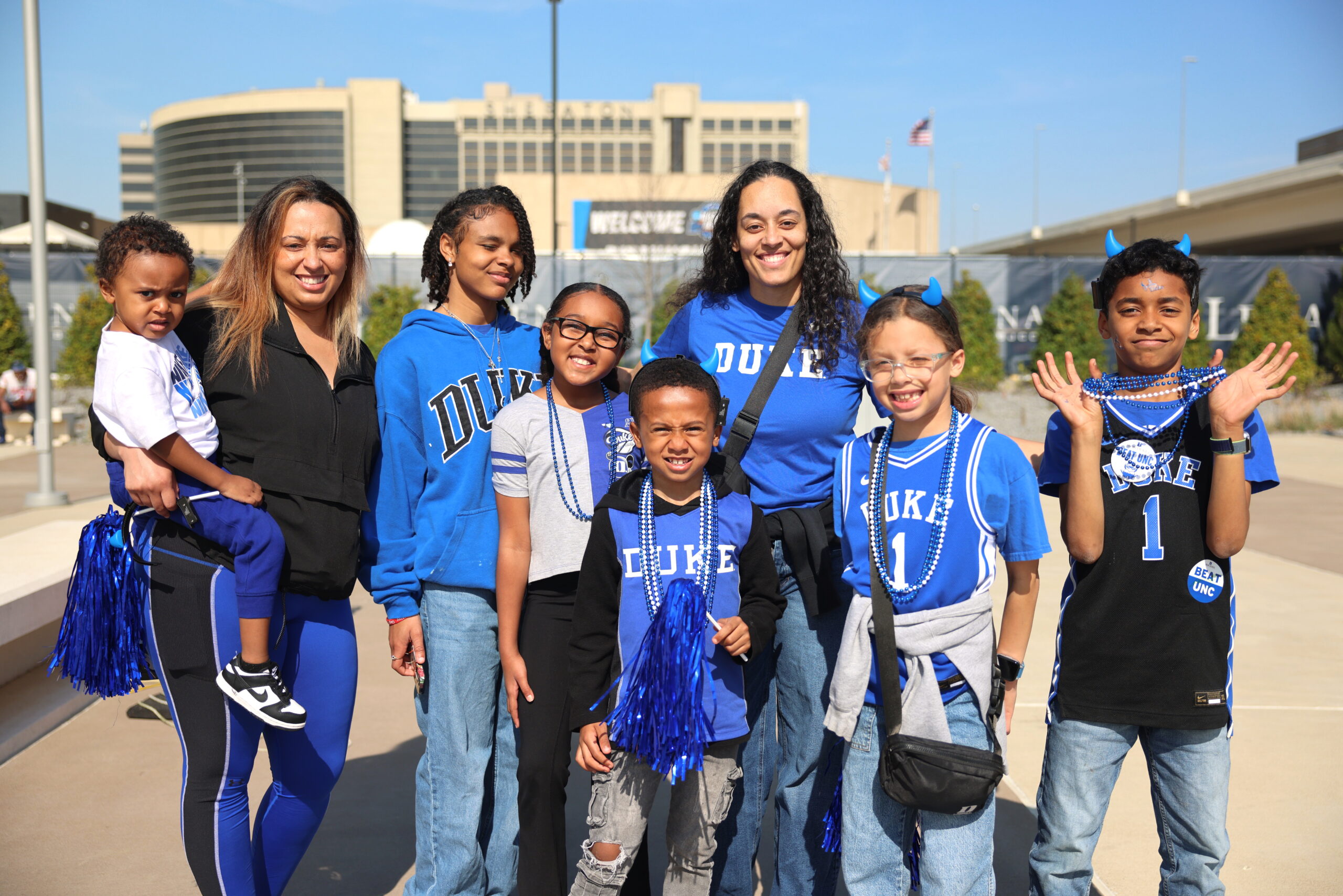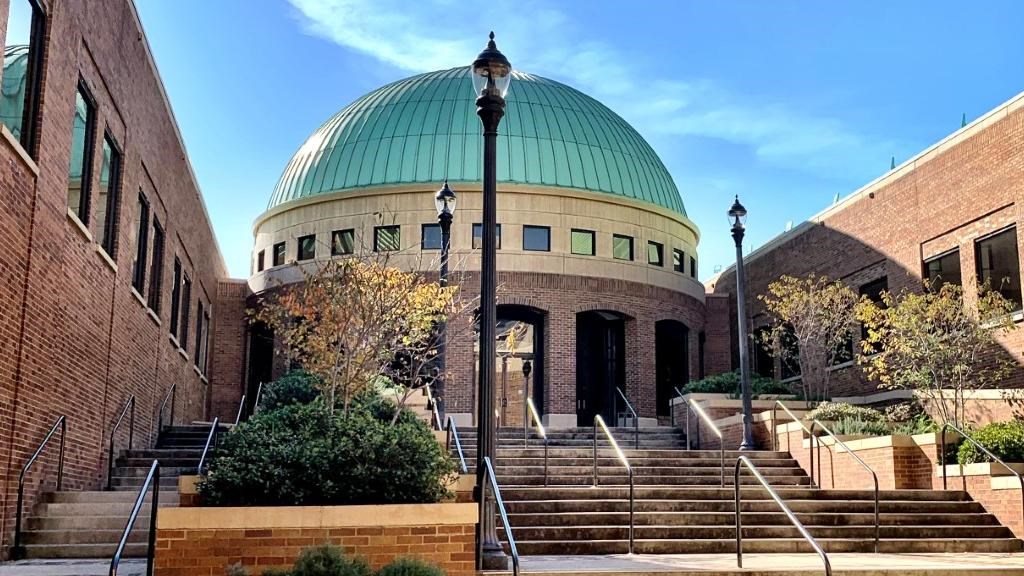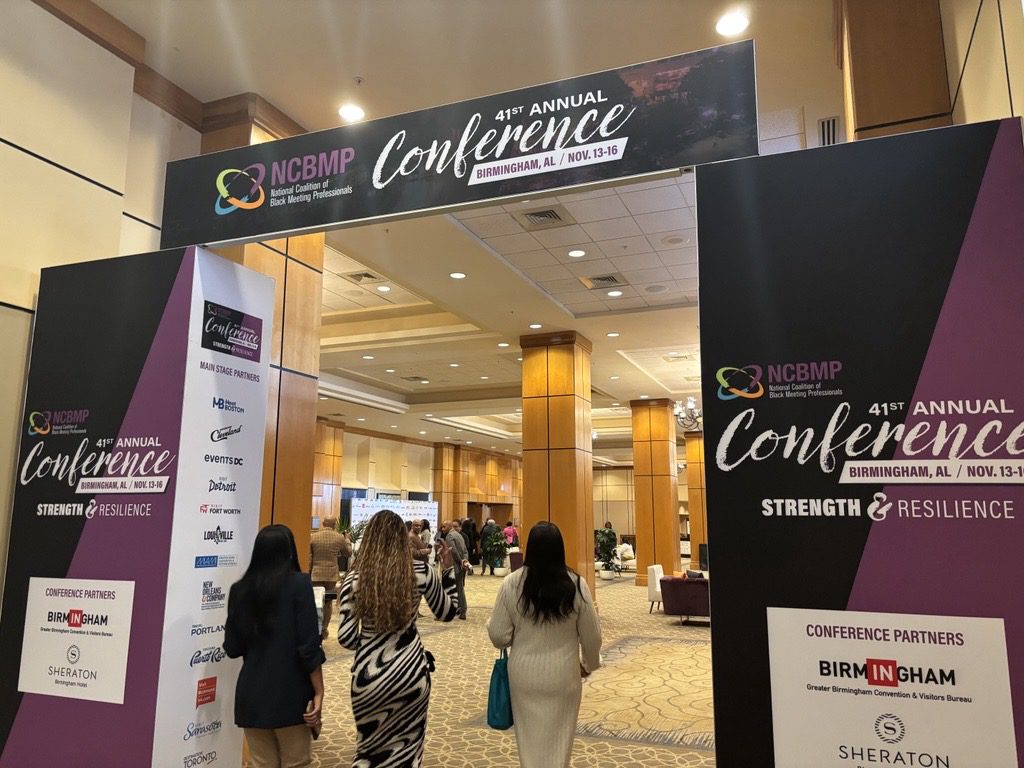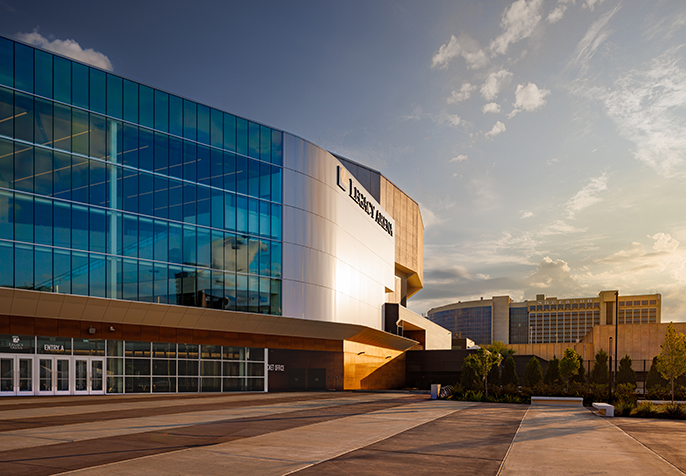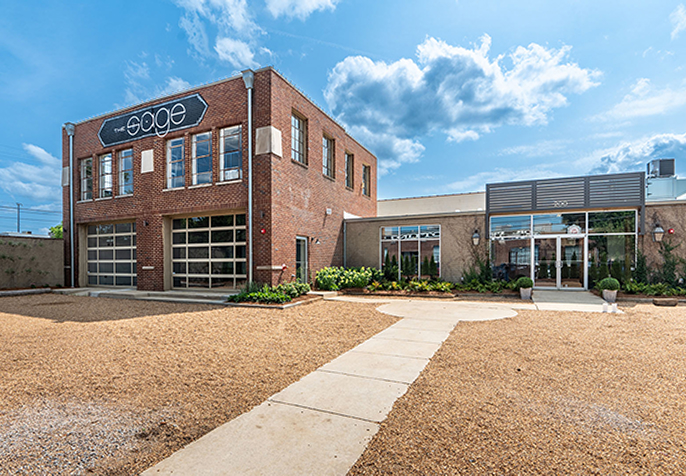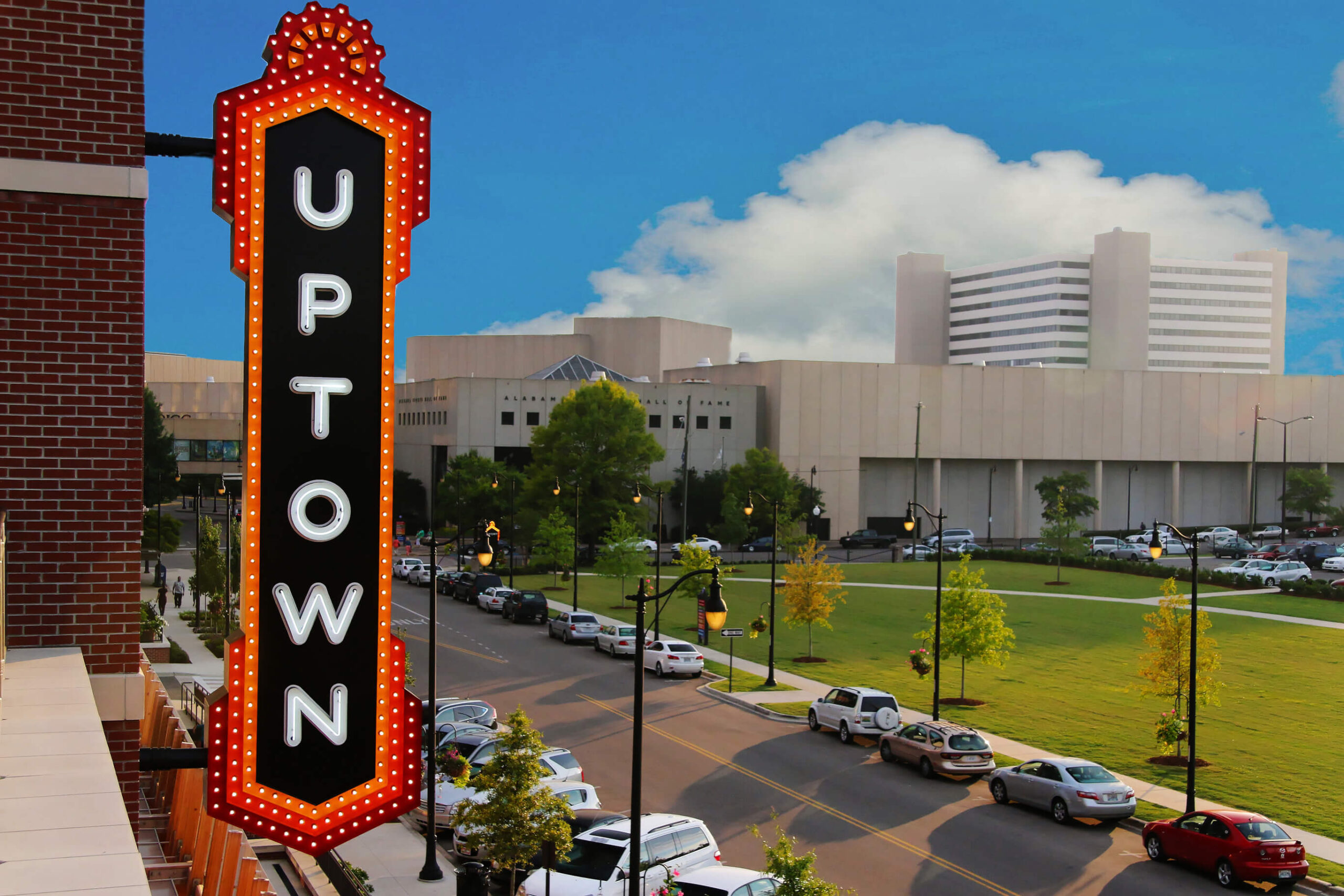Original article written by Ray A. Smith and Haley Zimmerman for the Wall Street Journal – July 18, 2025
Memo to job-hunting college grads: It pays to take your search to cities just beyond America’s biggest metro areas.
In one of the toughest markets for entry-level jobs in years, several second-tier cities—including Raleigh, N.C.—rise above the pack for their strong hiring, decent salaries and affordability. Instead of Atlanta or Chicago, consider Birmingham, Ala., or Milwaukee. Or think Baltimore, in lieu of Washington, D.C.
Those alternative cities, along with Austin, Texas, rank as the top five most promising locations to find work for recent college graduates, according to a new study by payroll-services provider ADP.
Researchers crunched public cost-of-living data and ADP payroll data for more than five million U.S. workers in their 20s to rank 55 metro areas on three metrics: affordability, wages and hiring activity. They then weighed hiring rates for jobs that typically require a degree against affordability-adjusted wages in each city to devise a single, overall ranking.
What sets the top-ranking cities apart? Raleigh, Baltimore and Austin—all of which scored in last year’s top five, too—tend to have a higher-than-usual concentration of technology, health and financial firms, says Ben Hanowell, ADP Research’s director of people analytics.
Like Birmingham, they are home to research and healthcare institutions that do a lot of hiring themselves. Milwaukee’s job market, meanwhile, is benefiting from the expansion of Eli Lilly and other companies in the area.
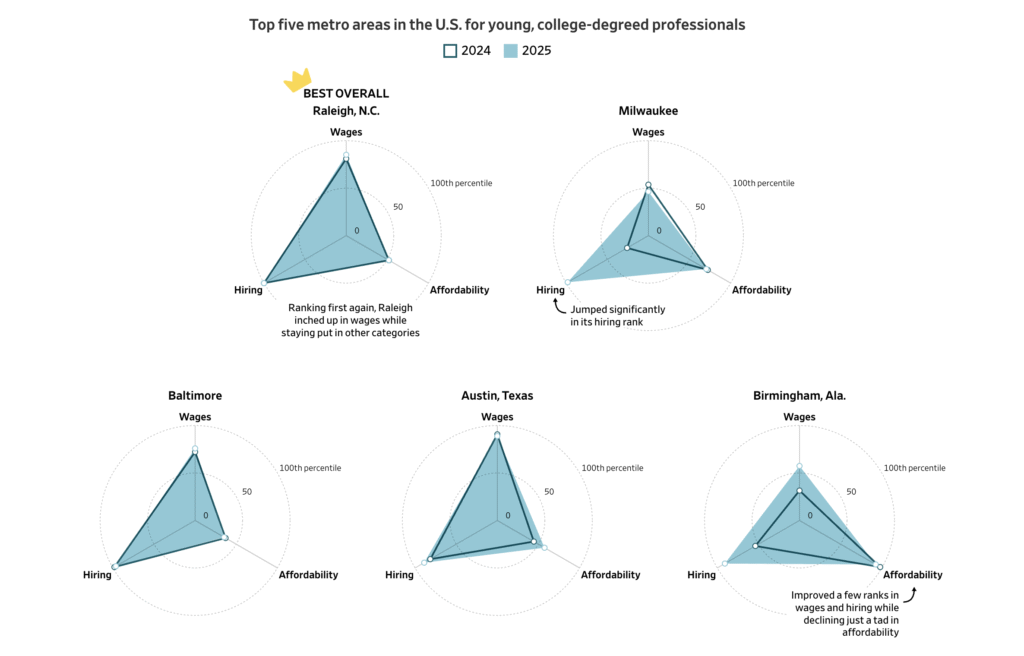
All of those factors are bright spots in an otherwise difficult job market for 20-somethings. Though the national unemployment rate hovers around 4%, it was 7.3% in June for recent college graduates. Many of them are running into a bottleneck in entry-level openings as employers slow hiring and fewer older workers switch jobs. It doesn’t help that more companies are relying on artificial intelligence to do some of the grunt work new graduates often do.
“There’s a lot more great people than there are great jobs,” says Susan De La Vega, a senior vice president at global consulting firm Korn Ferry.
Those challenges have fueled a lot of fluctuation in local job markets. Atlanta and Charlotte, N.C., both in last year’s top five for young grads, dropped considerably in this year’s rankings. Portland, Ore., Hartford, Conn., Riverside, Calif., and Salt Lake City all ranked toward the bottom because of slower hiring rates and lower real wages once cost of living was factored in.
Where the jobs are
Raleigh, once again, topped the list of cities with the most promising prospects for recent graduates. As part of the Research Triangle, its economy is fueled by an ecosystem of research institutions, including the University of North Carolina at Chapel Hill, Duke University and other schools, plus science and technology companies.
“We’ve seen this stream of office projects over the last 18 months, and North Carolina State University and some of our private colleges are all supplying this great pipeline of workers,” says Kyle Touchstone, director of Raleigh Economic Development.
Red Hat and Cisco Systems are just two companies with Raleigh operations that have stepped up their recruiting of young professionals. The Research Triangle area accounted for nearly a third of Cisco’s overall university hiring, second only to Silicon Valley, over the past four fiscal years, says Scott McGuckin, vice president of talent acquisition.
Jordin Young, who graduated from Bowdoin College in Maine in 2024, says he knew just one person who lived in Raleigh before moving there for an associate job at Fidelity last year.
“I knew I wanted to explore a new city,” says Young, who grew up in Maryland. He was pleasantly surprised by how Raleigh stacked up against New York, Chicago and the other bigger cities his peers were flocking to. It is more affordable and offers an active social scene and easy access to hiking in state parks, he says.
Milwaukee, which ranked second, is benefiting from investment from a number of major companies in the area, as well as a burgeoning startup scene. In December, Eli Lilly announced a $3 billion manufacturing expansion in nearby Kenosha County that will include 750 highly skilled jobs. Northwestern Mutual and Milwaukee Tool have recently expanded their footprints in the area as well.
The city’s affordability compared with Chicago is a draw for both young professionals and companies looking to hire, according to the Metropolitan Milwaukee Association of Commerce.
Northwestern Mutual has longstanding partnerships with Marquette University and the University of Wisconsin-Milwaukee to tap students for potential jobs. The insurance and wealth-management firm also works with nonprofits to help recruit promising, limited-income college students “we might not otherwise know,” says Kelly Culler, the company’s chief people officer.
Nothing like ‘The Wire’
Baltimore officials, too, are trying to play up their city’s appeal to younger professionals. In March, the Greater Baltimore Committee launched a campaign to promote the metro area’s affordability compared with cities like Philadelphia and its dining scene, parks and museums.
Among employers, Morgan Stanley cites the area’s higher-education programs and talent market as reasons why the bank’s Baltimore office has grown into one of its largest in North America outside New York.
Baltimore wasn’t on Markeisa Graham’s radar before she graduated from Florida A&M in Tallahassee in 2021. What little she knew about the city came mostly from watching “The Wire” and the show’s exploration of Baltimore’s criminal drug trade.
But after applying to jobs around the country, she landed a job there that fall as a software engineer at Lockheed Martin. She was impressed by the friendliness of the people and how walkable the city is. “I was like, ‘This is nothing like ‘The Wire’ at all,’ ” she says.
Austin, on the other hand, has been a destination for college-educated 20-somethings for years. Hiring remains strong thanks to the expansion of semiconductors, clean tech, AI and other tech industries, according to Austin’s chamber of commerce.
Though housing costs remain an issue, rents have declined nearly 3% from last year, and the city council has committed to building more affordable housing, says Eric Hale, director of education and workforce policy at the Austin Chamber.
Birmingham is also winning over young professionals. Companies in healthcare, finance and technology are big employers, as is the University of Alabama at Birmingham and its medical center.
Aaron Gill, 22, originally planned to return to Atlanta, his hometown, once he earned his computer science degree from Samford University in Homewood, Ala. But after graduating in May, he landed a job in Birmingham as a junior quality-assurance analyst at Vulcan Materials, a supplier of gravel, asphalt and other construction materials.
Birmingham’s slower pace took some getting used to, he says, but he has come to appreciate living in a smaller, less congested city. And he has noticed a lot of out-of-state license plates in his company parking lot, which suggests to him that more young professionals are also moving there for work.
“More and more I can see myself living in Birmingham” for the long term, he says.
Write to Ray A. Smith at Ray.Smith@wsj.com and Haley Zimmerman at haley.zimmerman@wsj.com
